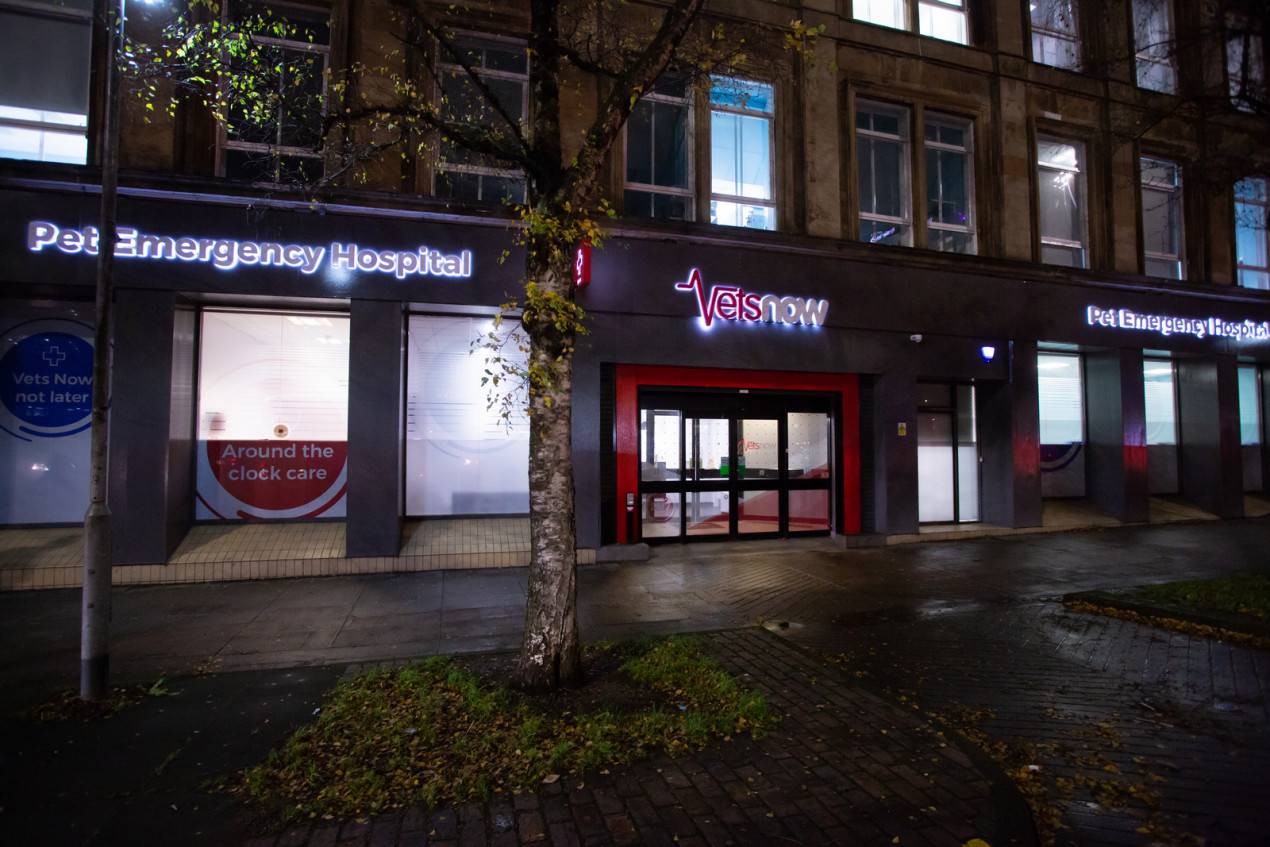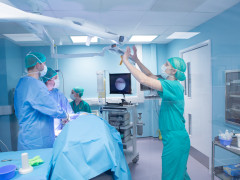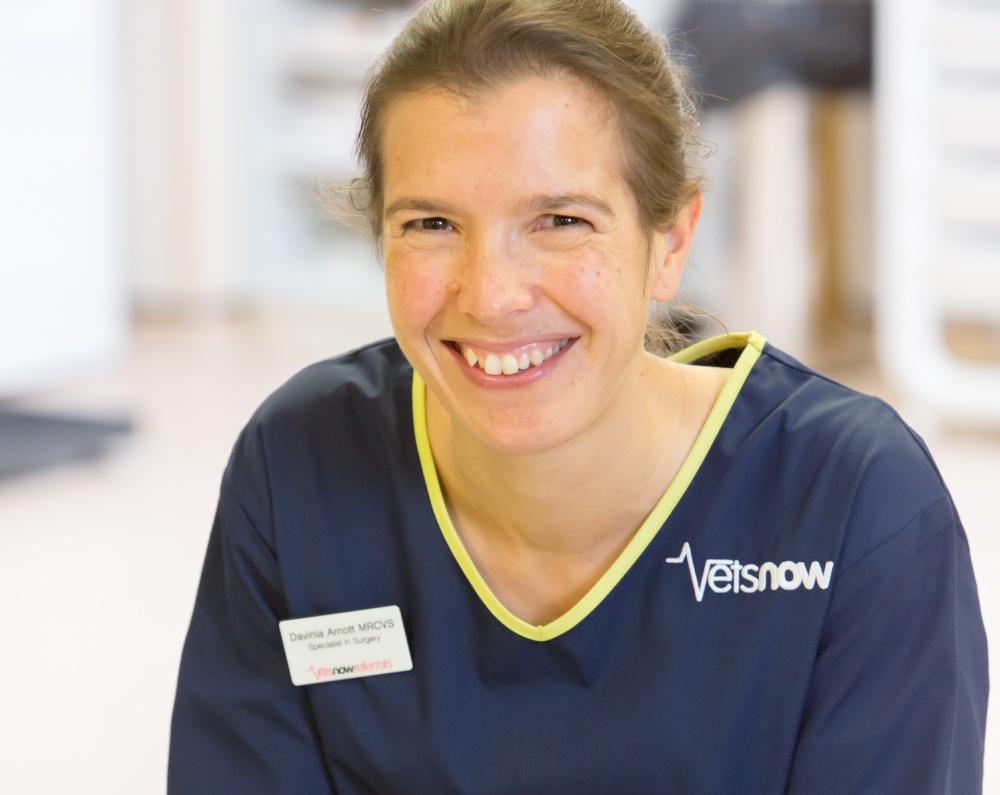Small animal surgery specialist Davinia tells how £1.5m refurbishment has created new opportunities
There’s more to our Glasgow hospital’s recent £1.5m expansion and refurbishment than meets the eye.
Not only has it led to the creation of an entire floor dedicated to emergency and critical care and a new specialist oncology treatment area, but it’s also enabled us to invest in more state-of-the-art equipment.
This, in turn, has provided a platform for the launch of a new surgical residency programme.
Our first resident took up her post in January and the programme is being led by small animal surgery specialist Davinia Arnott.
Here Davinia tells content marketing manager Iain Harrison about the residency, what it involves and what she and her colleagues have had to do to get it up and running.
Tell me a bit about the small animal surgery residency?
In order to become a diplomate, vets must undergo a rigorous training programme, supervised by recognised veterinary specialists. Residencies are traditionally offered by referral practices or universities. While the hospital already has an established residency programme in ECC, this is the first time we’ve offered one in small animal surgery.
What does the residency involve?
To achieve specialist status vets have to complete their veterinary degree, usually at least one internship, a three to four-year year residency programme, and a very tough examination at the end. During their residency, they have to complete several key elements. This includes a certain number of cases and all types of soft tissue and orthopaedic surgery. They also have to be published at least twice and speak internationally on soft tissue or orthopaedics.
What requirements does the hospital have to meet?
The hospital must meet ECVS standards and we have to fulfil a range of stringent criteria. For example, I have to be board certified and the resident must spend time in all the other disciplines such as medicine, oncology, imaging, pathology, anaesthesia, etc. This is to ensure we are in a position to mentor the resident so she’s at a specialist level in all of those areas. We also have to have all the right kit in place. The process has taken a year to complete and without the expansion and the new facilities, we wouldn’t have been able to offer this programme.
What’s your role?
I’m director of the ECVS programme. I will be mentoring our first resident and that means I have to meet all the criteria set by the ECVS and, of course, ensure our resident meets all the criteria. All the other specialists and clinicians in Glasgow support me in that.
What does it mean for the hospital to offer this?
It shows we’re accredited to the highest possible standard. You really can’t go higher. The ECVS would not allow anyone to mentor residents if they did not believe we were at the highest level. It shows our partner practices can have faith in the hospital and its staff.
How will the expansion of the hospital benefit owners and their pets?
In simple terms, we’re now able to offer an even greater level of care than before. The extra space, equipment and increased staffing levels have provided us with so many extra opportunities. Prior to the expansion, we were bursting at the seams. We now have four theatres. This will allow us to increase our caseload. We have installed a new C-Arm for fluoroscopy allowing us to progress in interventional radiology and minimally-invasive orthopaedics.
Are there any plans to run any surgery-focused CPD events in 2019?
Yes, we’re holding a session on orthopaedic radiography for the general practitioner and we’re also hosting an event on how to treat orthopaedic injuries in road traffic accidents. We’ll have more details on these events in due course.




